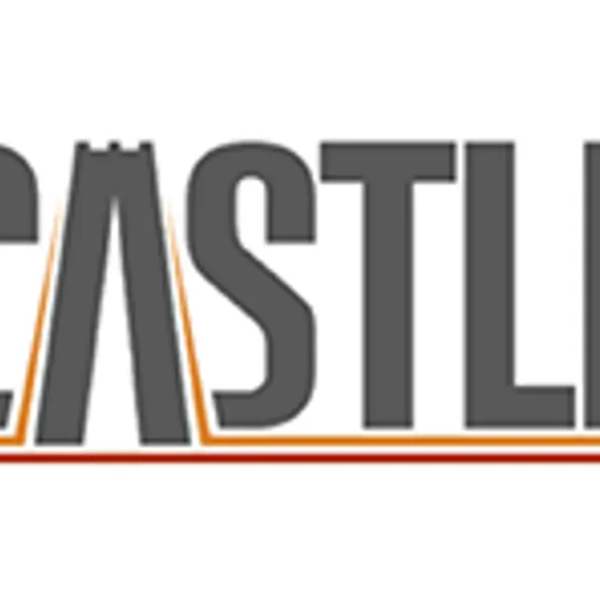A Literal 11th-Hour Budget Amendment Would Privatize 11,000 Acres of Public Land

Late last week, the House Committee on Natural Resources released the draft text of its portion of the Republicans’ budget package. While the bill included mandates to open oil and gas leasing in Alaska’s Arctic National Wildlife Refuge, increase logging by 25% over 2024’s harvest, and allow for mining activities upstream of Minnesota’s popular Boundary Waters recreation area, there was also a conspicuous absence in its 96 pages: an explicit plan to sell off public lands.
To many of the environmental groups that have been sounding the alarm about Republicans’ ambitions to privatize federal lands — which make up about 47% of the American West — the particular exclusion seemed almost too good to be true. And as it turned out in the bill’s markup on Tuesday, it was. In a late-night amendment, Republican Representatives Mark Amodei of Nevada and Celeste Maloy of Utah introduced a provision to sell off 11,000 acres in their states.
The maneuver, which came at nearly midnight, left many Democrats and environmental groups deeply frustrated by the lack of transparency. “The rushed and last-minute nature of this amendment introduction means little to no information is available,” including “maps or parcel information, amendment text, CBO Score, etc.,” the Southern Utah Wilderness Alliance said in a statement Wednesday.
House lawmakers appeared still to be at odds during a Wednesday morning press conference to announce the creation of a Bipartisan Public Lands Caucus. Rather than putting on the united front suggested by the working group’s name, former Secretary of the Interior and Montana Republican Ryan Zinke argued in defense of the amendment, saying, “A lot of communities are drying up because they’re looking to public land next door and they can’t use it.” Michigan Democrat Debbie Dingell then took the mic to say, “I would urge all of us that the hearings — it’s not done in the dead of night, and that we have good, bipartisan discussions with everybody impacted at the table.”
Despite the cloak-and-dagger way Republicans introduced the amendment, there are several clues as to what exactly Amodei and Maloy are up to. Republican Senator Mike Lee of Utah has aggressively pushed for the sell-off of public lands, including introducing the Helping Open Underutilized Space to Ensure Shelter (HOUSES) Act, which would “make small tracts of [Bureau of Land Management] land available to communities to address housing shortages or affordability.” Critics of the bill have called it the “McMansion Subsidy Act” and have argued — as the Center for Western Priorities’ Kate Groetzinger, does — that it would “do little to address housing issues in major metros like Salt Lake City and the fact that the current housing shortage is due largely to a lack of home construction, not land.” The Center for Western Priorities also contends that it “contains very few restrictions on what can be built on federal public lands that are sold off under the program.” Notably, Lee and Maloy have worked closely together in the past on transferring federal land in Utah to private ownership.
The land singled out in the Tuesday amendment includes BLM and Forest Service parcels in six counties in Utah and Nevada that “had already been identified for disposal by the counties,” Outdoor Life notes. While some land would be sold with “the express purpose of alleviating housing affordability,” the publication notes that “other parcels, including those in southern Utah, don’t have a designated purpose.” As Michael Carroll, the BLM campaign director for the Wilderness Society, warned E&E News, it’s in this way that the bill appears to set “dangerous precedent that is intended to pave the way for a much larger scale transfer of public lands.”
While many Republicans contend that states can better manage public lands in the West than the federal government can (in addition, of course, to helping raise the $15 billion of the desired $2 trillion in deficit reductions across the government to offset Trump’s tax cuts), such a move could also have significant consequences for the environment. Turning over public lands to states — or to private owners — could ease the way for expansive oil and gas development, especially in Utah, where there are ambitions to quadruple exports of fossil fuels from the state’s northeastern corner.
Reducing BLM land could also limit opportunities for solar, wind, and geothermal development; in Utah, the agency has identified some 5 million acres of public land, in addition to 11.8 million acres in Nevada, for solar development. While there are admittedly questions about how much renewable permitting will make it through the Trump BLM, it’s also true that solar development wouldn’t necessarily be the preference of private landowners if the land were transferred.
Tuesday’s markup ultimately saw the introduction of more than 120 amendments, including a Democratic provision that would have prohibited revenue from this bill from being used to sell off public lands, but was easily struck down by Republicans. In the end, Amodei and Maloy’s amendment was the only one the committee adopted. Shortly afterward, the lawmakers voted 26-17 to advance the legislation.




